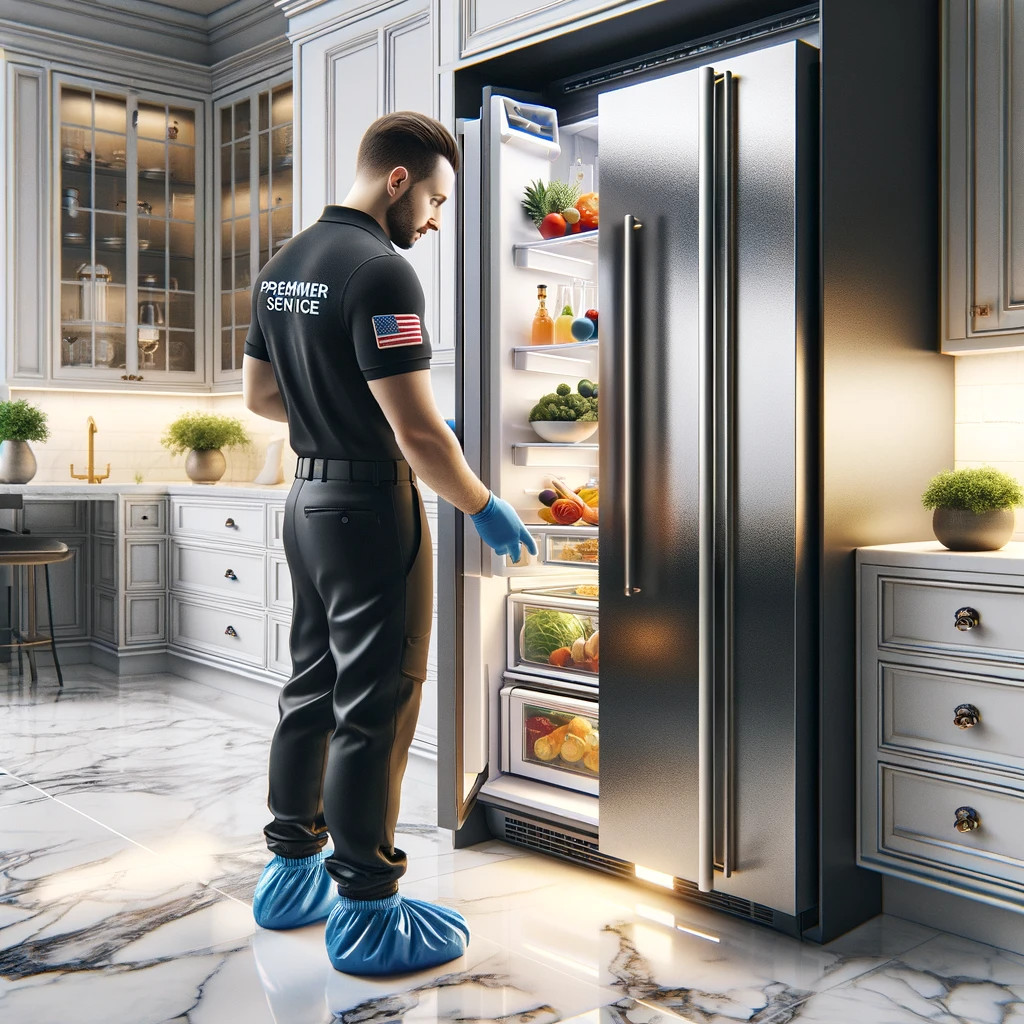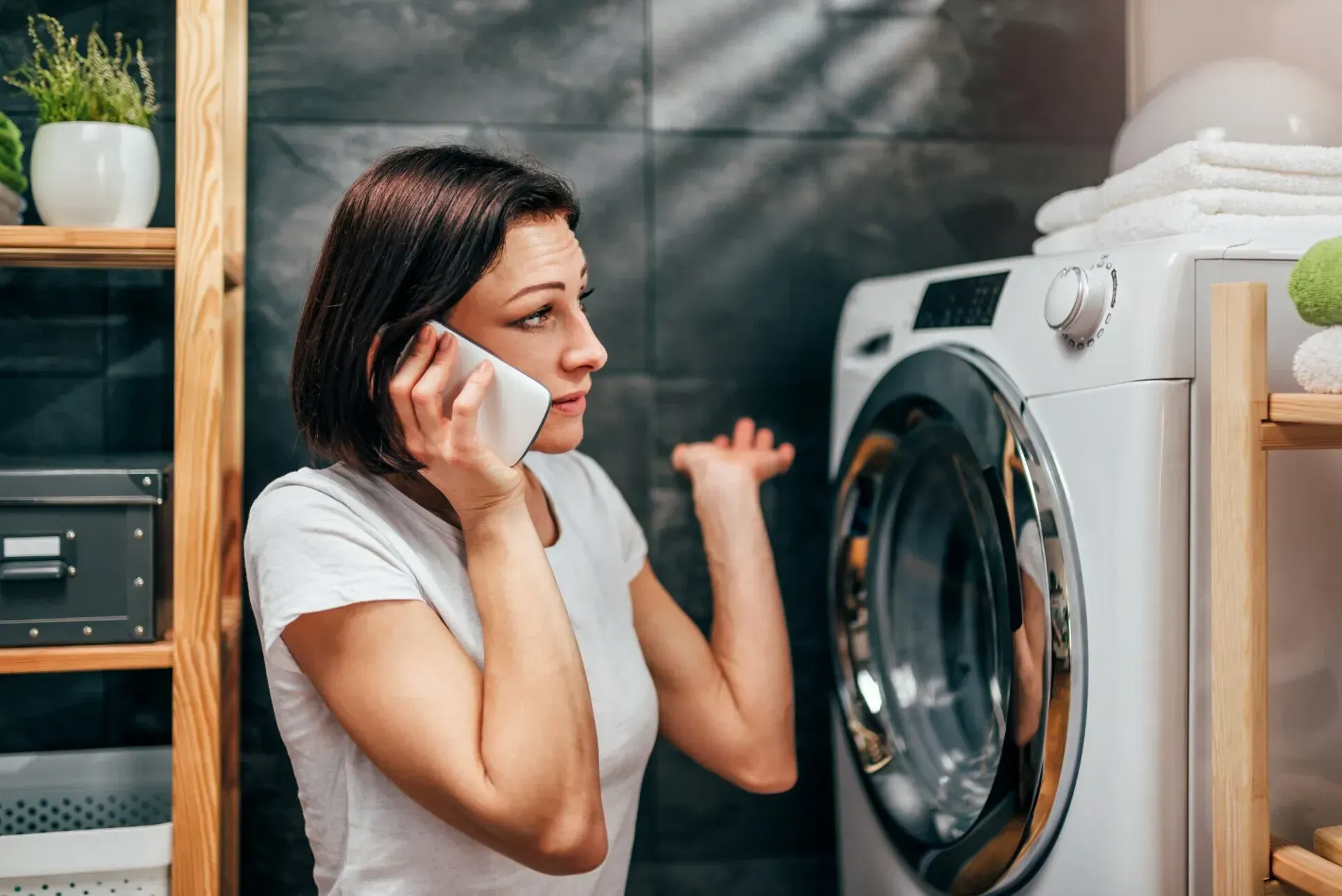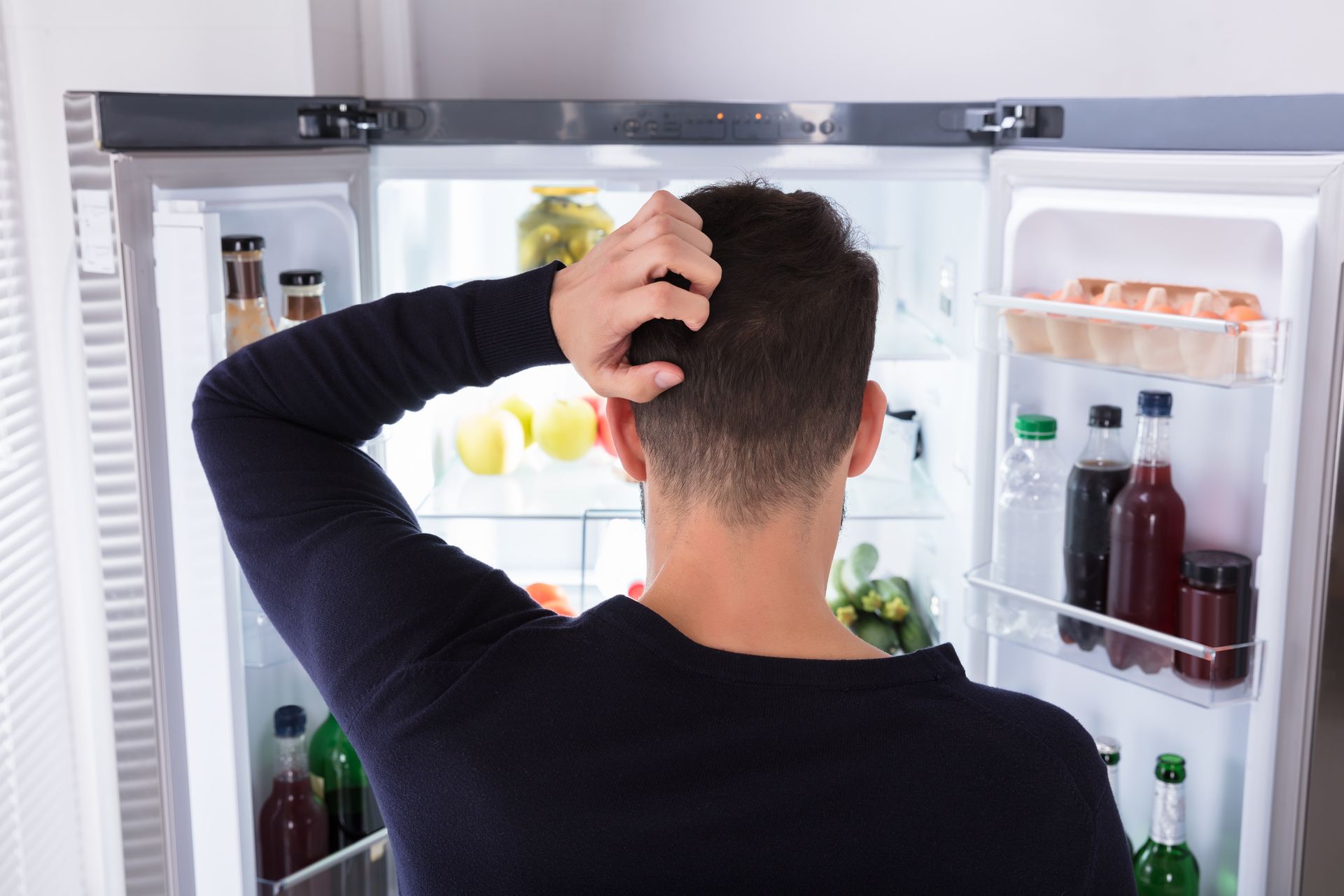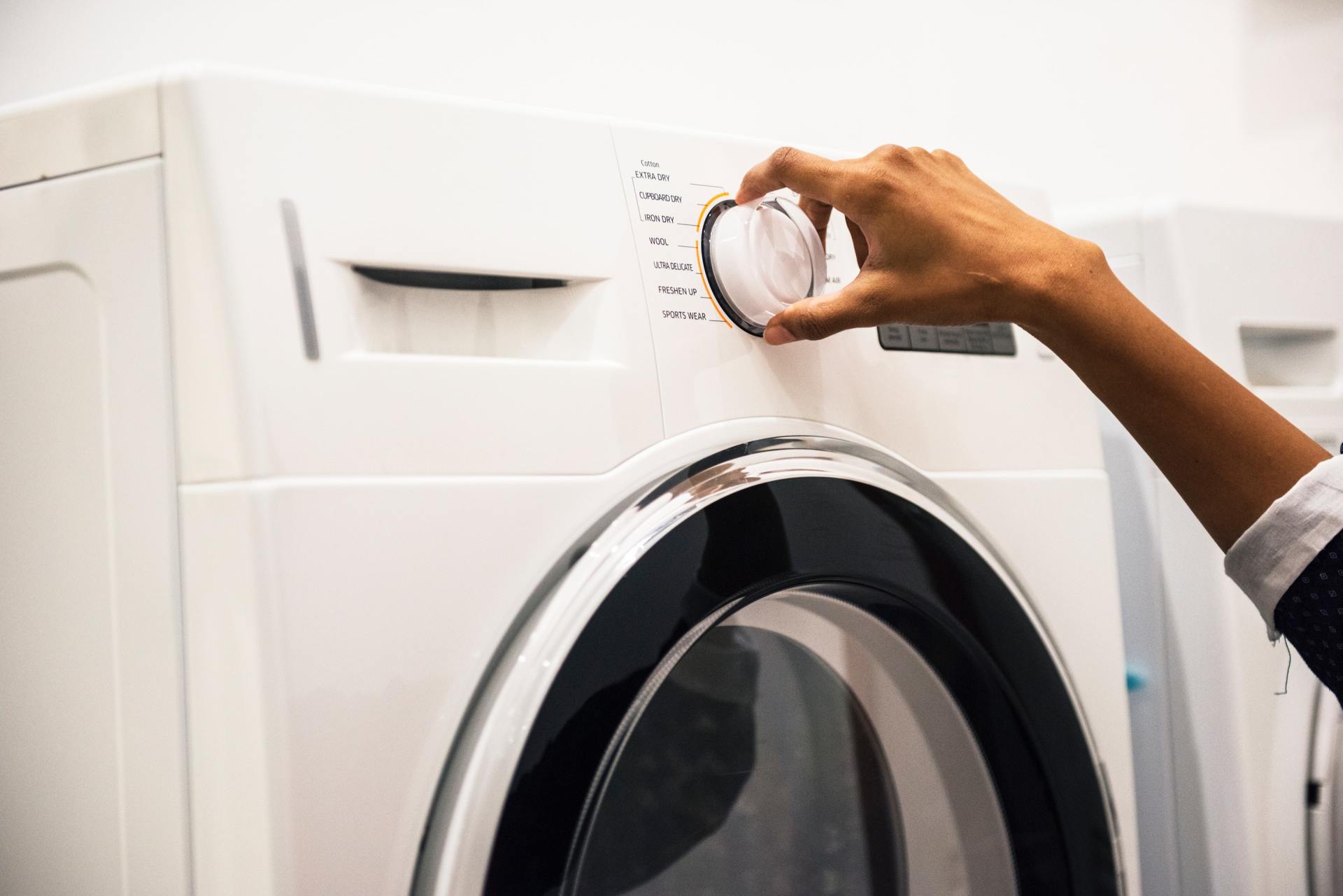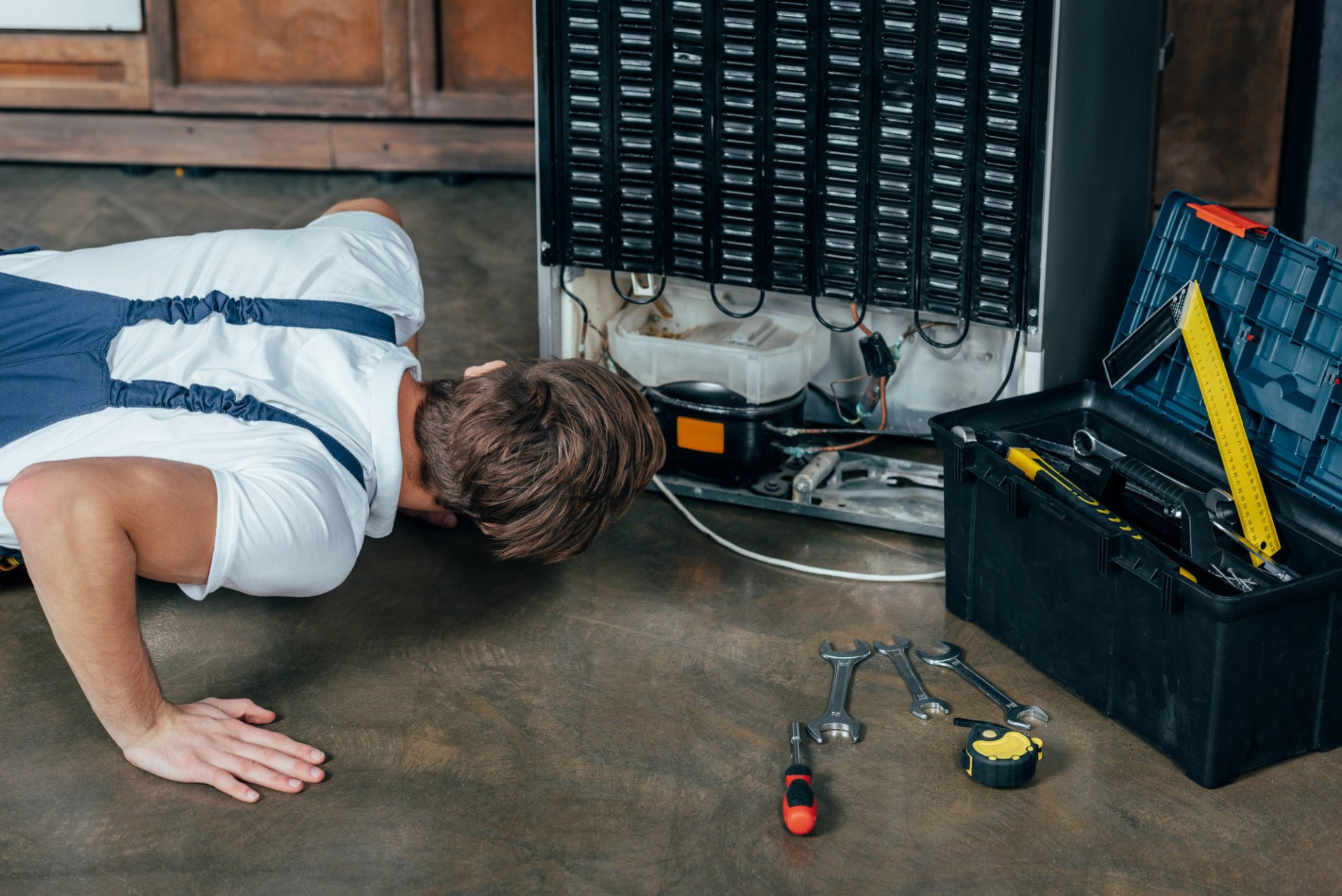Do's and Don'ts of Appliance Repair
Everyone has had an appliance break or stop working completely. While we would much rather solve the issues ourselves than hire someone else to help us, the problem is many homeowners don’t know (or necessarily care) how appliances operate the way they do - such as why a refrigerator has coils. Knowing little things like this is what separates professionals from everyone else, but you can still do some basic troubleshooting.
Do’s
Even though we advise against detailed troubleshooting of the appliance, there are some preliminary checks that you can do which can help save the cost of a service call. We created a few tips to help you investigate:
- Most appliances come with an owner’s manual and usually have instructions on how to troubleshoot the appliance. If you do not have the handbook, there is likely some common troubleshooting tips online. Sometimes appliances are known for certain types of failures and these are discussed in detail on some internet forums.
- Check to see if your appliance is on, and check to see if the circuit breaker is operational. The issue could be simple as a bad power cord or an unplugged appliance.
- Keep appliances clean as dirt build up can cause major issues. Example: Dryer vents https://www.inman.com/2013/03/29/dryer-vent-dos-and-donts/ can cause fires if not cleaned out yearly.
- Most appliances will come with a warranty and can be repaired or replaced within the warranty period – this is essentially pre-paid repair that you should take advantage of it at all possible.
Don’ts
Knowing how to investigate is one part of the equation; understanding what to do is the other part. A broken appliance is an easier fix than one that has been taken apart and put back together incorrectly. The appliance can malfunction or worse, we generated a few tips on what not to do:
- Obviously, do not try and fix any appliance yourself unless you are a professional. Duct tape is not a tool for fixing a leak in a faucet. This is as much a safety issue as anything else. Some appliances, even when unplugged, can store lethal amounts of electricity. Attempting to repair the appliance yourself can lead to serious injury or further damage the appliance.
- New appliances are nice to look at and seem any easy fix to a broken appliance. The truth is: older appliances are often built better and last longer. Newer appliances, such as front-load washers and dryers, are computer-controlled or contain other advance circuitry that can react badly to power surges, water leaks, etc. whereas older appliances may be more tolerant of these conditions.
- In general, appliances today don’t contain many (if any) user-serviceable parts. Most items in appliances now are FRUs (field replaceable units) where entire control boards are swapped out vs. attempting to repair discrete components. As such, there is little value attempting to access these components without specialized diagnostic tools that can point you to the defective FRU.
- Another reason not to take your machine apart: you may be able to get the device back together. Once you try to do a little bit of tear-down investigation, you can find yourself ‘going down the rabbit hole’ and end up with a lot of parts and materials that you’re no longer sure how to re-install. In addition to stored electricity, appliances are often not user-friendly on the inside and contain many sharp edges where you can easily cut yourself.
- If you have taken apart your appliance call Heritage Appliance Repair, we will help you fix it (without Duct Tape) and put it together correctly.
At General Appliance Service , we will give you an honest opinion about repair vs. replace considerations of your appliance. If the cause of a problem can’t be identified with absolute certainty, we will tell you before suggesting replacement parts. We want you to have the best experiences with your appliances and with our appliance repairservices, so we always advise you as if your appliances were our own.
